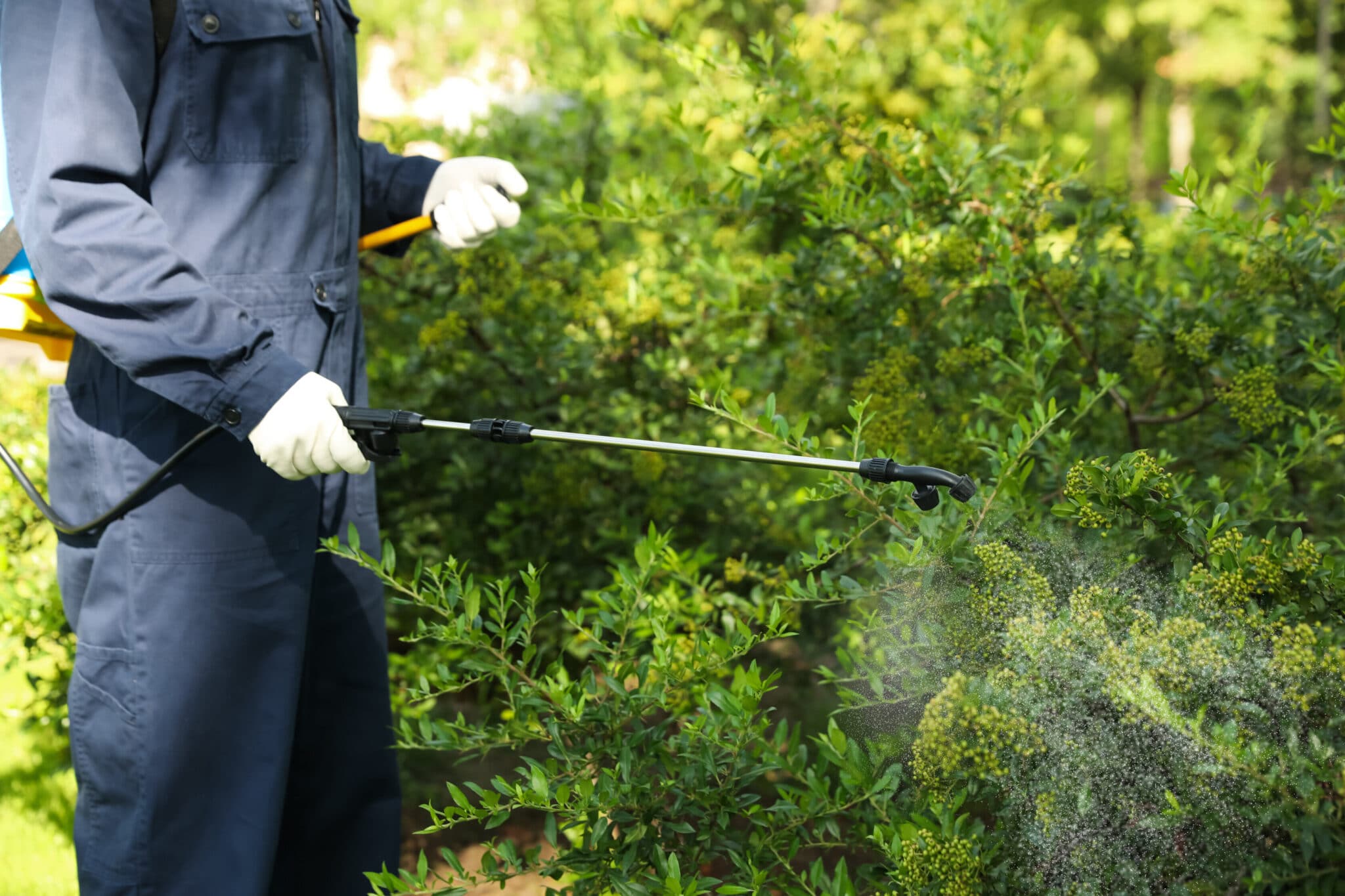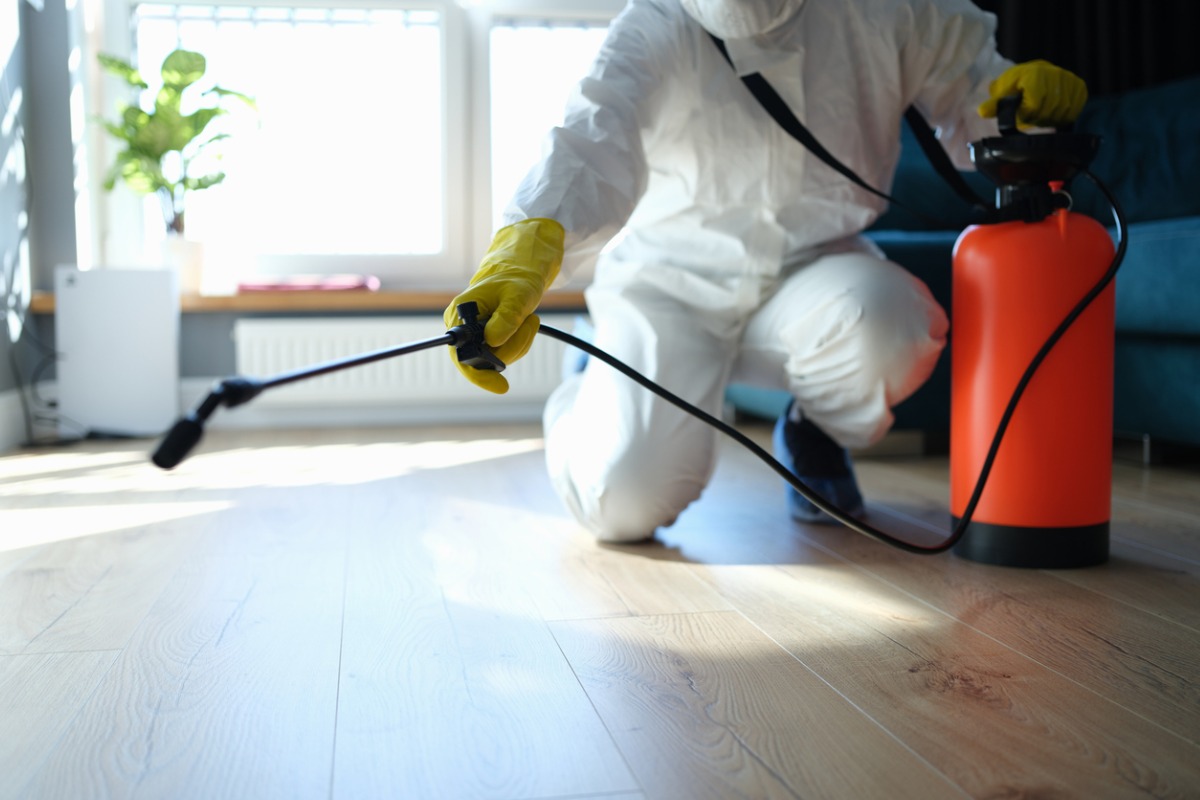Leading Insect Control Solutions to Maintain Your Home Pest-Free
From recognizing common family insects to executing chemical and natural control alternatives, each step plays a crucial duty in safeguarding your living atmosphere. Understanding these different parasite control options is important, yet the efficiency of each method can differ significantly based on particular scenarios.
Identify Common Home Vermin
Household bugs can interrupt the convenience and security of any home, making it important to recognize them immediately. Usual home pests consist of pests and rats that can cause damage to residential property and position wellness threats. Amongst one of the most widespread are ants, cockroaches, and termites.
Ants, especially, are social pests that can invade cooking areas in search of food. They leave scent routes, which can cause large swarms if not resolved. Cockroaches are infamous for their capability to breed rapidly and can trigger allergies and bronchial asthma. They prosper in warm, damp atmospheres and are frequently found in bathroom and kitchens.
Termites, on the other hand, are wood-destroying insects that can significantly jeopardize the architectural stability of homes. Their existence is typically discovered with signs such as mud tubes or thrown out wings.
Rodents, including computer mice and rats, are another typical household bug. They are not just a hassle however also present health and wellness dangers by polluting food and spreading illness. Recognizing these insects early is important for reliable management, optimizing the opportunities of an effective obliteration and protecting the home setting.
Safety Nets and Maintenance
Efficient pest control begins with safety nets and routine maintenance to decrease the risk of infestations. House owners need to prioritize an extensive examination of their homes to determine potential entry factors for insects, such as splits in wall surfaces, spaces around home windows, and areas under doors. Sealing these openings with caulk or climate stripping can dramatically lower the likelihood of bugs getting in.
Furthermore, keeping a tidy setting is important. Regularly decluttering locations, especially attic rooms and basements, can get rid of concealing places for pests. coquitlam pest control.
Landscaping techniques play a role too; trimming trees and hedges away from the home can prevent insects from utilizing them as paths. Frequently evaluating and preserving displays on doors and windows will certainly better protect versus undesirable invaders. By implementing these preventative measures and committing to consistent maintenance, homeowners can significantly minimize the threat of parasite infestations, ensuring a healthier and more comfy living environment.
Natural Insect Control Methods
Numerous natural pest control techniques offer ecologically friendly options to conventional chemical therapies. These strategies not only decrease damage to valuable organisms however also promote a much healthier living atmosphere.
One reliable technique is using important oils, such as pepper mint or tea tree oil, which can deter numerous pests due to their solid scents. One more popular alternative is diatomaceous earth, a natural powder stemmed from fossilized algae that can kill pests by dehydrating them upon call.
Buddy growing is additionally a valuable method; specific Visit This Link plants, like marigolds or basil, can push back pests while bring in valuable insects. Furthermore, introducing natural killers, such as ladybugs for aphid control, can significantly decrease bug populaces without chemicals.

Eventually, incorporating these all-natural pest control techniques can create a lasting and reliable parasite monitoring strategy, guaranteeing your home stays pest-free while aligning with environmental preservation initiatives.
Chemical Pest Control Options
When dealing with consistent parasite invasions, chemical insect control alternatives provide a targeted approach to taking care of unwanted microorganisms. These options commonly involve the use of chemicals developed to get rid of or deter bugs successfully. Chemical insect control can be categorized right into 2 primary types: pesticides, which target pests, and herbicides, made for plant pests.
Insecticides might come in various forms, consisting of granules, lures, or sprays, enabling property owners to pick the technique that finest suits their demands. As an example, sprays can supply prompt outcomes, while baits may provide even more long term control. It is vital to pick products that are ideal for the specific sort of bug being addressed, as well as risk-free for usage within a property atmosphere.
While chemical pest control can generate fast results, it is critical to comply with tag instructions diligently to decrease threats to people, pet dogs, and helpful pests. Additionally, integrating chemical approaches with safety nets, such as sealing entrance factors and preserving cleanliness, can improve effectiveness and decrease the probability of future invasions. By utilizing liable practices, chemical bug control options can be an essential part of a total bug administration strategy.
Specialist Elimination Services

Specialist pest control operators utilize a variety of techniques, consisting of integrated pest monitoring (IPM), which highlights using environmentally pleasant and safe solutions whenever feasible. This strategy not just targets the present infestation but likewise concentrates on preventing future incidents by addressing the underlying conditions that draw in pests.
In addition, specialist solutions usually offer service warranties and follow-up sees to ensure the efficiency of their therapies. This ongoing support can give house owners assurance, recognizing that their living atmosphere is being monitored for any indicators of pest renewal. In comparison to DIY methods, which may generate short-term relief, professional extermination services provide resilient outcomes, making them a beneficial financial investment for preserving a pest-free home.
Final Thought
In summary, keeping a pest-free home demands a multifaceted method that includes identification of usual parasites, application of safety nets, and consideration of both chemical and natural control methods. Specialist extermination solutions function as a vital resource for attending to extreme infestations. By adopting integrated insect management methods, homeowners can make sure a long-term option that prioritizes safety and security and performance, ultimately safeguarding living spaces from undesirable trespassers while promoting a healthier setting.
When facing relentless pest invasions, great site chemical bug control choices give a targeted strategy to managing undesirable organisms - coquitlam pest control. Chemical pest control can be categorized right into two main kinds: insecticides, which target insects, and herbicides, designed for plant pests

These solutions use trained pest control professionals that conduct detailed assessments to identify the level of an invasion and the certain bug species included.In summary, keeping a pest-free home demands a multifaceted strategy that includes recognition of common bugs, execution of preventative steps, and consideration of both chemical and all-natural control approaches.